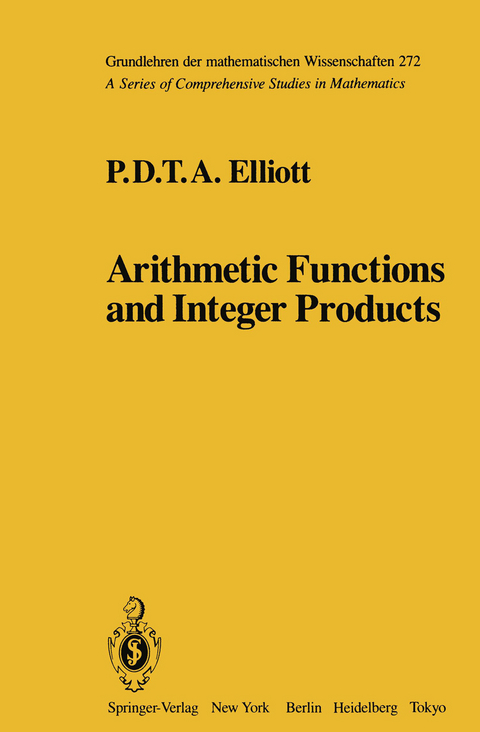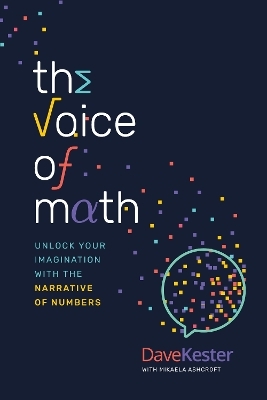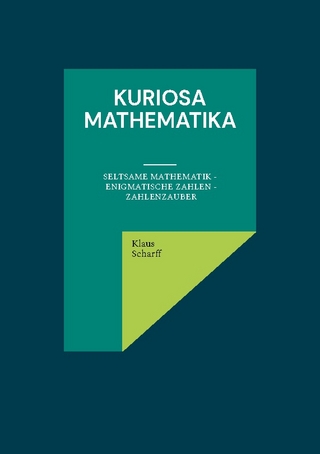
Arithmetic Functions and Integer Products
Springer-Verlag New York Inc.
978-1-4613-8550-9 (ISBN)
Duality and the Differences of Additive Functions.- First Motive.- 1 Variants of Well-Known Arithmetic Inequalities.- 2 A Diophantine Equation.- 3 A First Upper Bound.- 4 Intermezzo: The Group Q*/?.- 5 Some Duality.- Second Motive.- 6 Lemmas Involving Prime Numbers.- 7 Additive Functions on Arithmetic Progressions with Large Moduli.- 8 The Loop.- Third Motive.- 9 The Approximate Functional Equation.- 10 Additive Arithmetic Functions on Differences.- 11 Some Historical Remarks.- 12 From L2 to L?.- 13 A Problem of Kátai.- 14 Inequalities in L?.- 15 Integers as Products.- 16 The Second Intermezzo.- 17 Product Representations by Values of Rational Functions.- 18 Simultaneous Product Representations by Values of Rational Functions.- 19 Simultaneous Product Representations with aix + bi.- 20 Information and Arithmetic.- 21 Central Limit Theorem for Differences.- 22 Density Theorems.- 23 Problems.- Supplement Progress in Probabilistic Number Theory.- References.
| Reihe/Serie | Grundlehren der mathematischen Wissenschaften ; 272 |
|---|---|
| Zusatzinfo | 461 p. |
| Verlagsort | New York, NY |
| Sprache | englisch |
| Maße | 155 x 235 mm |
| Themenwelt | Mathematik / Informatik ► Mathematik ► Arithmetik / Zahlentheorie |
| Mathematik / Informatik ► Mathematik ► Wahrscheinlichkeit / Kombinatorik | |
| Schlagworte | arithmetic • Functions |
| ISBN-10 | 1-4613-8550-4 / 1461385504 |
| ISBN-13 | 978-1-4613-8550-9 / 9781461385509 |
| Zustand | Neuware |
| Haben Sie eine Frage zum Produkt? |
aus dem Bereich


